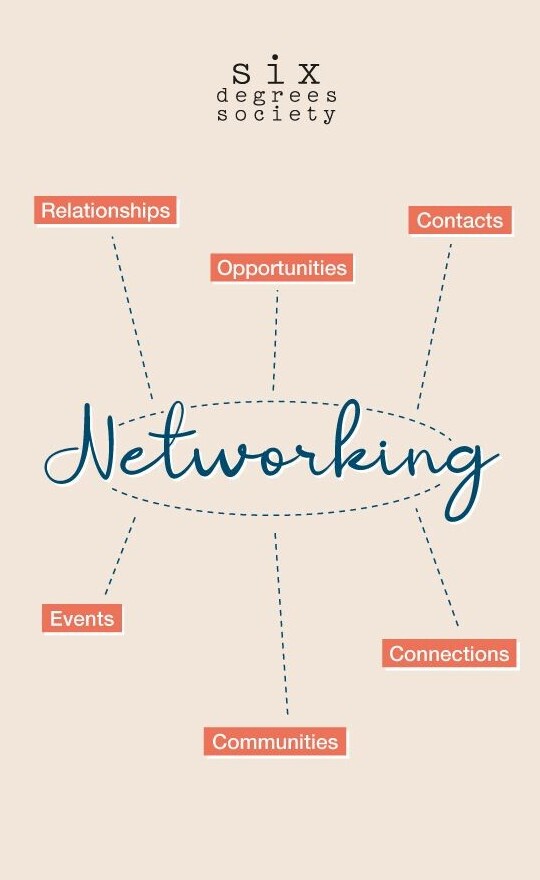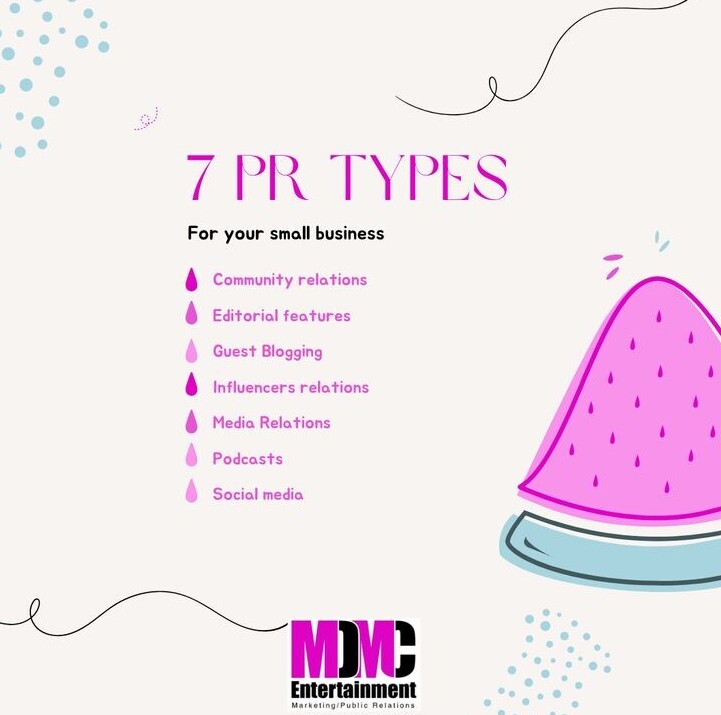
How to Network Effectively as a South Asian Woman Entrepreneur
Networking is an essential part of entrepreneurship, offering opportunities to connect with mentors, potential clients, collaborators, and investors. However, as a South Asian woman entrepreneur, the networking landscape may present unique challenges due to cultural norms, societal expectations, or the underrepresentation of women in leadership roles. Fortunately, by leveraging your strengths, addressing barriers, and staying authentic, you can build an effective network that supports your entrepreneurial journey.
Here are some key strategies to help you network effectively as a South Asian woman entrepreneur:
1. Embrace Your Cultural Strengths

Your cultural background is a powerful asset in networking. South Asian culture emphasizes values like respect, hospitality, and relationship-building, all of which can strengthen your networking efforts. Approach networking with the same openness and warmth that defines South Asian communities. When you build relationships based on trust and mutual respect, people are more likely to remember and support you.
Incorporating your unique cultural perspective into your conversations can help you stand out. For instance, sharing stories about how your heritage shaped your business or products adds authenticity and depth to your narrative, helping you forge stronger connections with others who value diversity and inclusivity.
2. Leverage Community Networks

South Asian communities are known for their strong support systems, which can be a valuable tool when networking. Tap into community organizations, cultural associations, and social groups that cater to South Asian professionals and entrepreneurs. These spaces often provide a welcoming environment where you can share experiences and collaborate with others who understand your background.
Participating in cultural events, religious gatherings, or regional associations can also help expand your professional network. People in these communities are often eager to support businesses run by South Asian women, and you may find potential clients, mentors, or partners within these circles.
3. Navigate Traditional Gender Roles and Expectations
In South Asian cultures, traditional gender roles may sometimes influence how women are perceived in professional settings. As an entrepreneur, you may encounter situations where you need to assert yourself more strongly to be heard or taken seriously. While it can be challenging, learning to confidently express your value and your business’s potential is crucial.
Overcoming these barriers starts with knowing your worth. Practice confidently talking about your accomplishments, your business, and your future goals. Don’t hesitate to put yourself forward for opportunities that showcase your expertise. Surrounding yourself with mentors who have navigated similar challenges can provide valuable insights and encouragement.
4. Build a Diverse Network
While connecting with your community is essential, it’s equally important to diversify your network by reaching out beyond cultural or industry boundaries. Attend events, conferences, and workshops that focus on women in business, leadership, or entrepreneurship. These spaces will expose you to new ideas, resources, and people who can help you expand your business globally.
By joining networks that include entrepreneurs from different industries and backgrounds, you’re more likely to find unique perspectives, new business opportunities, and creative collaborations. Look for cross-cultural networking events that emphasize diversity and inclusion, where your experiences as a South Asian woman entrepreneur will be valued and celebrated.
5. Seek Out Female-Centered Networks
There is a growing number of organizations and networks specifically designed to support women entrepreneurs. Platforms like Women in Business or Lean In Circles provide opportunities to connect with other female entrepreneurs who share similar goals and challenges. As a South Asian woman entrepreneur, these spaces can help you find mentorship, resources, and collaborations with women who understand the complexities of being a female leader.
Consider joining or forming groups where South Asian women entrepreneurs can share experiences, seek advice, and provide mutual support. Creating spaces where women uplift each other fosters a positive environment and empowers more women to thrive in their respective industries.
6. Embrace Online Networking
Online platforms such as LinkedIn, Twitter, and professional Facebook groups have become powerful tools for networking. As a South Asian woman entrepreneur, you can use these platforms to connect with like-minded individuals, participate in industry-specific discussions, and share your expertise.
Create a strong online presence that reflects your brand, achievements, and values. Regularly post about your business updates, challenges, and success stories to engage with your network. Don’t hesitate to reach out to people whose work you admire or who can help you grow your business. A simple message or comment on a post can lead to valuable connections over time.
Online networking also breaks down geographical barriers, allowing you to connect with people across the globe. If your business operates internationally or is seeking global partners, building relationships through online communities can open doors to new markets and opportunities.
7. Find Mentorship and Support
Mentorship is vital to the success of any entrepreneur. As a South Asian woman, seek out mentors who have overcome similar challenges and can guide you through your journey. Mentors can provide valuable feedback, introduce you to influential people, and help you refine your business strategy.
Look for mentorship opportunities within both South Asian and broader women’s entrepreneurial communities. Some organizations provide structured mentorship programs where you can connect with experienced business leaders. Don’t be afraid to ask for help or advice — many entrepreneurs are eager to give back and support the next generation of women leaders.
8. Attend Networking Events with Purpose
When attending networking events, whether in-person or virtual, approach them with a clear purpose. Identify your goals — whether it’s finding potential clients, seeking collaborations, or simply learning from others — and structure your conversations accordingly. Be ready to introduce yourself confidently, share your business vision, and highlight what makes your brand unique.
Prepare a concise “elevator pitch” that communicates who you are, what your business offers, and how it solves a problem. Be sure to practice active listening, ask insightful questions, and engage meaningfully with others. Follow up after the event to maintain and grow these new connections.
9. Give Back to Your Network
Networking is a two-way street, and one of the most effective ways to build lasting relationships is by offering value to others. Whether it’s sharing resources, providing advice, or connecting someone to a potential client, being generous with your network fosters trust and goodwill.
As a South Asian woman entrepreneur, you can become a mentor for other women who are starting their own businesses or facing challenges. By sharing your experiences, offering guidance, and lifting others, you not only contribute to the success of your peers but also create a supportive ecosystem where women in business thrive.
Conclusion
Networking as a South Asian woman entrepreneur involves leveraging your cultural strengths, building diverse relationships, and embracing both traditional and modern methods of connection. By staying authentic, actively seeking mentorship, and contributing to your community, you can create a strong network that empowers you to grow your business and overcome challenges. In a world where diverse voices are increasingly celebrated, your unique experiences and perspectives are invaluable assets to your entrepreneurial journey.
No Responses